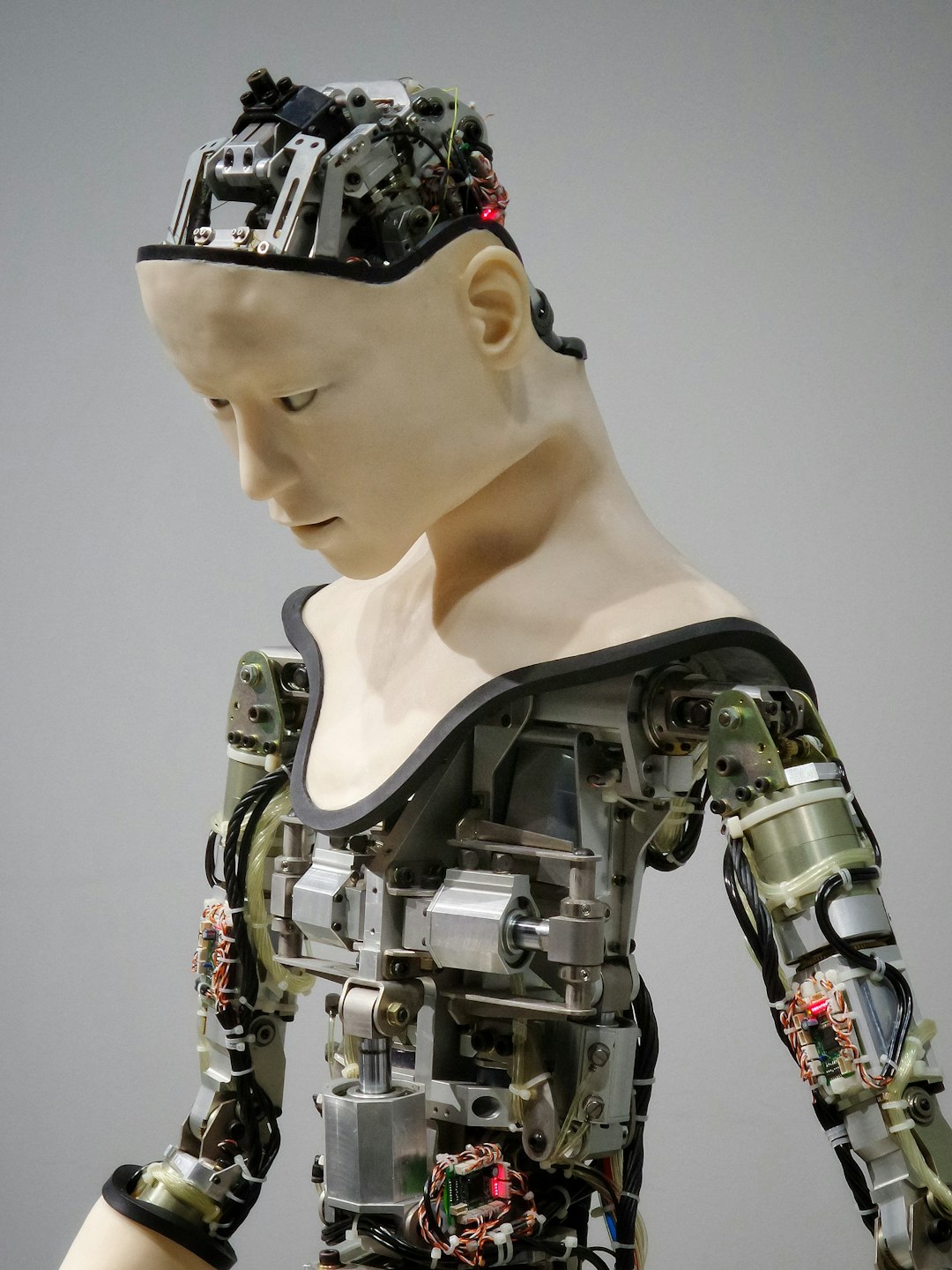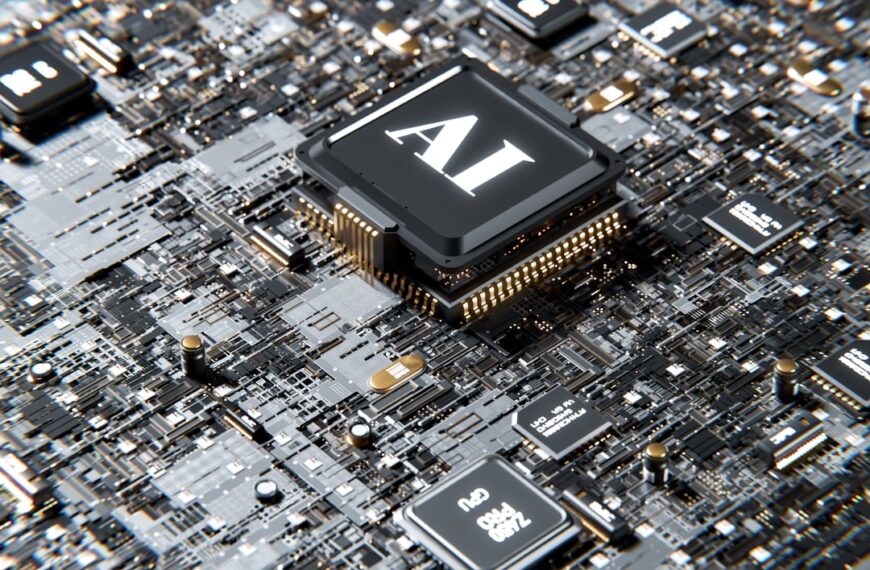The intersection of artificial intelligence (AI) and contract law is rapidly evolving, presenting both exciting opportunities and significant challenges for legal professionals. The traditional, human-centric approach to contract drafting, negotiation, and enforcement is being fundamentally reshaped by the capabilities of AI. This transformation demands a careful consideration of its legal implications.
One of the most significant impacts of AI is on contract automation. AI-powered tools can automate many tedious and time-consuming aspects of contract lifecycle management, from drafting and reviewing documents to identifying potential risks and negotiating terms. This increased efficiency can lead to significant cost savings and faster turnaround times for businesses. However, reliance on AI in contract drafting raises questions about liability and accountability. If an AI generates a contract containing a flaw that leads to a breach, who is responsible? The developer of the AI? The user? These issues require clear legal frameworks.
Another key area is AI’s role in contract interpretation. AI algorithms can analyze vast amounts of data to identify patterns and predict outcomes, potentially assisting in the interpretation of ambiguous contractual clauses or predicting the likelihood of disputes. However, the “black box” nature of some AI algorithms raises concerns about transparency and explainability. Legal professionals need to understand how these algorithms reach their conclusions to ensure fairness and avoid bias.
Furthermore, the rise of smart contracts, self-executing contracts with the terms written directly in code and executed automatically on a blockchain, represents a paradigm shift. Smart contracts offer enhanced security, transparency, and efficiency but also introduce new legal complexities. Questions surrounding jurisdiction, enforceability, and the potential for unforeseen consequences require careful consideration. Existing legal frameworks may not be adequately equipped to handle the unique characteristics of smart contracts.
Beyond the technical aspects, the use of AI in contracts raises ethical concerns. The potential for algorithmic bias in contract analysis and drafting could perpetuate and amplify existing inequalities. Data privacy is another critical issue, as AI systems often rely on vast amounts of sensitive data. Ensuring compliance with data protection regulations is paramount.
The future of contracts will undoubtedly be shaped by AI. Legal professionals need to adapt to these changes, developing a deeper understanding of AI technologies and their implications for contract law. This requires collaboration between legal experts, AI developers, and policymakers to establish clear legal frameworks, address ethical concerns, and harness the potential of AI while mitigating its risks. Ignoring this rapidly evolving landscape would be a significant oversight with potentially far-reaching consequences for businesses and individuals alike. The ongoing dialogue and development of best practices are crucial for navigating this transformative period.









